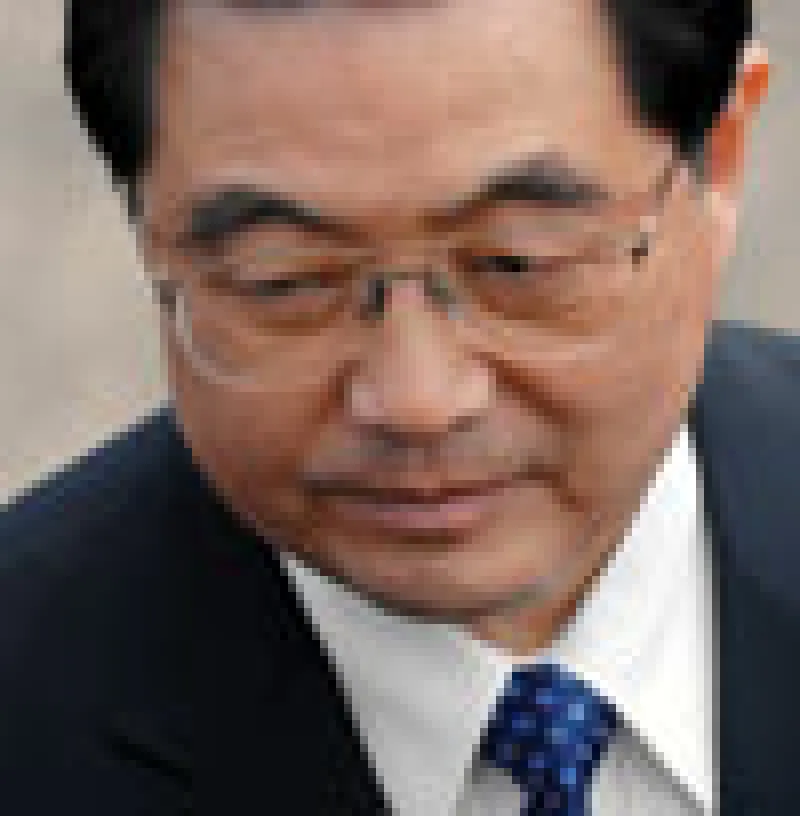
Global Challenges
Editor's Letter: The emergence of dynamic markets has been one of the biggest growth opportunities of recent years.
Tom Buerkle
October 11, 2009


